Saudi Arabia’s Abha International Airport targeted again in Yemeni drone attacks
The Yemeni army has launched a series of retaliatory attacks against the Abha International Airport in Saudi Arabia’s southwestern region of Asir, using a squadron of domestically-manufactured Sammad-3 (Invincible-3) combat drones.
The spokesman for Yemeni Armed Forces, Brigadier General Yahya Saree, said in a brief statement posted on his Twitter page on Tuesday that the unmanned aerial vehicles struck the designated targets with great precision, noting that the drone attacks halted air traffic for several hours.
He added that the airstrikes come within Yemen’s legitimate right to respond to the Saudi-led coalition’s devastating military campaign and all-out blockade.
Saree reiterated that Yemeni soldiers and allied popular fighters will continue to carry out such strikes deep inside Saudi Arabia as long as the Riyadh regime presses ahead with its deadly aggression and siege.
The development took place only two days after Yemeni army forces and their allied fighters struck the same Saudi airport.
Sana’a airport to stop operations due to Saudi-led blockade
Separately, Minister of Transport in Yemen’s National Salvation Government, Zakaria al-Shami, roundly denounced the continuing Saudi-led naval and air blockade on his country, saying the Sana’a International Airport will soon stop its operations due to a lack of fuel.
Shami said all incoming flights by the United Nations and international humanitarian agencies to the airport will be suspended as of Wednesday because of the scarcity of oil derivatives needed to operate the facility.
“The coalition of aggression seeks to make up for its losses during ground operation by means of such acts. The continued detention of oil tankers and not allowing the vessels to offload their cargos at the port of Hudaydah have created a humanitarian catastrophe for Yemeni people, especially for patients receiving treatment in hospitals and newborn babies,” he pointed out.
He further said thousands of Yemeni patients need to travel abroad to seek medical treatment, but they are unable to do so due to the airport’s closure.
Shami then criticized the UN for its failure to lift the blockade on the Sana’a airport, noting that the closure of the airport is in violation of international conventions and treaties.
The Yemeni minister said the United Nations has not managed to carry out its obligations to establish a medical air bridge for Yemeni patients through the Sana’a airport.
Such a failure, he added, points to the lack of seriousness on the part of the international community and the UN to stop the appalling tragedy in Yemen.
Moreover, Chairman of Yemen’s Civil Aviation and Meteorology Institute (CAMI), Mohammed Abdulkader, said officials at the Sana’a International Airport have no option but to close the airport to international flights due to the depletion of fuel.
Abdulkader noted that the Saudi-led military coalition has destroyed the airport’s infrastructure as well as its communication devices and radar systems as part of attempts to paralyze air traffic management there.
The CAMI chief went on to censure the Saudi-led blockade on the airport as an illegal and inhumane measure, which has isolated Yemen and sharply restricted the free movement of millions of Yemenis.
Abdulkader also called for an end to the Saudi-led siege and a UN Security Council resolution that would help the airport operate civilian flights.
Saudi Arabia and a number of its regional allies launched the campaign against Yemen in March 2015, with the goal of bringing the government of former president Abd Rabbuh Mansur Hadi back to power.
The US-based Armed Conflict Location and Event Data Project (ACLED), a nonprofit conflict-research organization, estimates that the war has claimed more than 100,000 lives for more than the past five years.
The Houthi movement, backed by the armed forces, has been defending Yemen against the Saudi-led alliance, preventing the aggressors from fulfilling the objectives of their deadly campaign.
VIDEO | Australians rally for Gaza ahead of Christmas festivities
VIDEO | Attacks on Sana'a
Iran reports further drop in annual inflation rate in December
Israel indicts two settlers over suspected spying for Hezbollah
Iran: US airstrikes on Yemen war crimes, violation of international law
Yemeni armed forces down F-18 fighter jet, repel US-UK attack: Spokesman
Iran warns against US-Israeli plot to weaken Muslims, dominate region
VIDEO | Public uproar in US against Israeli regime












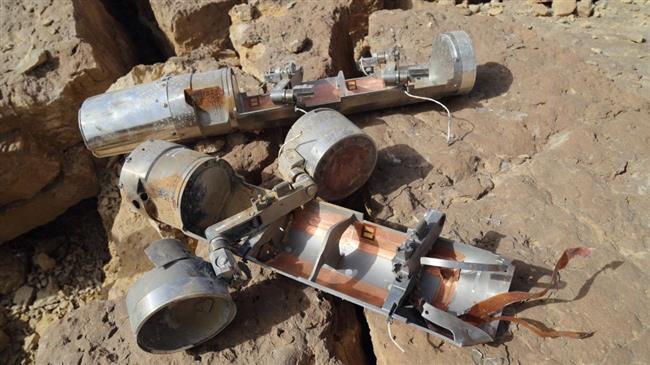

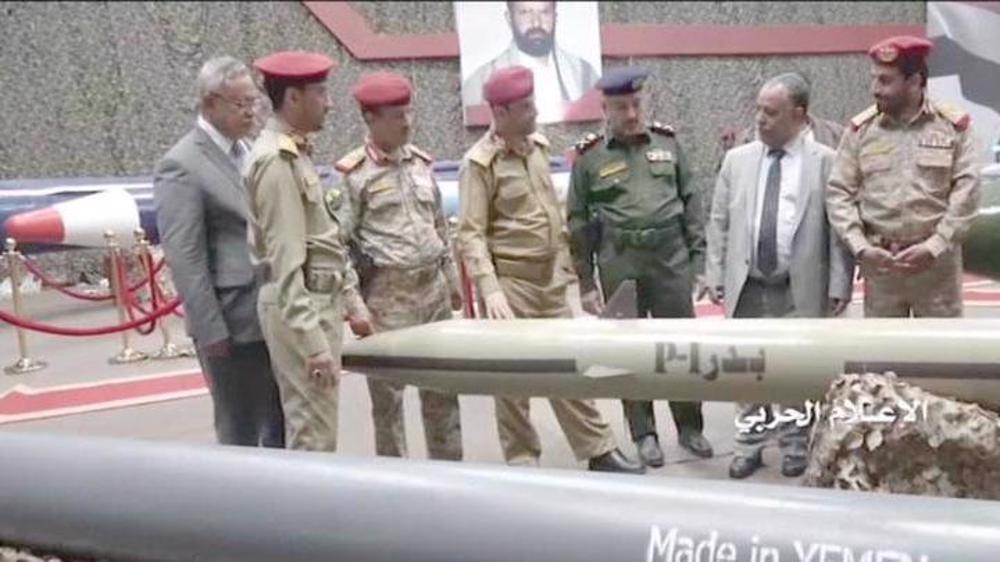

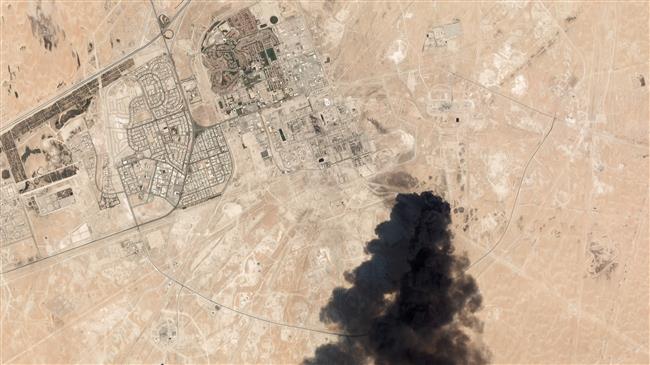
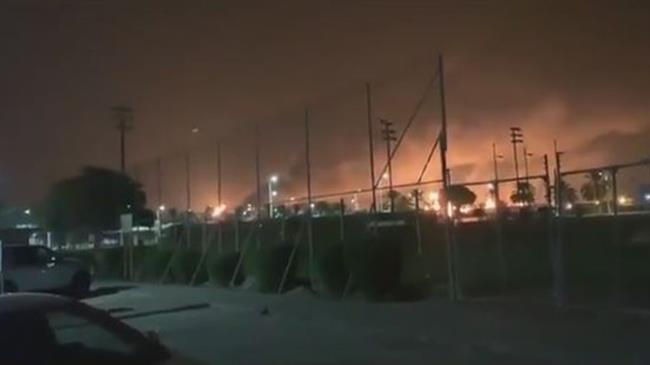
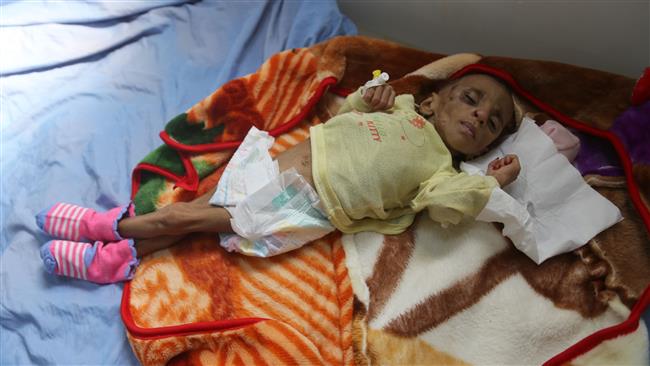
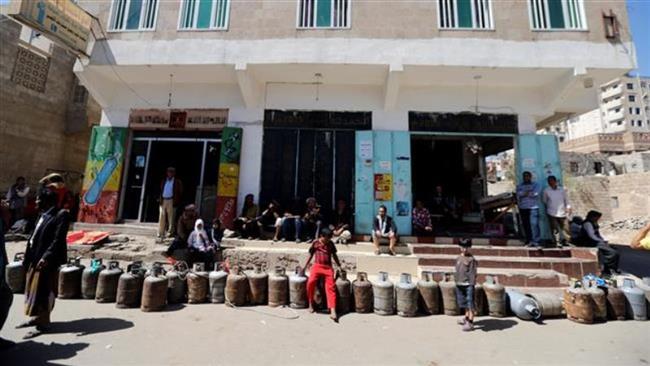
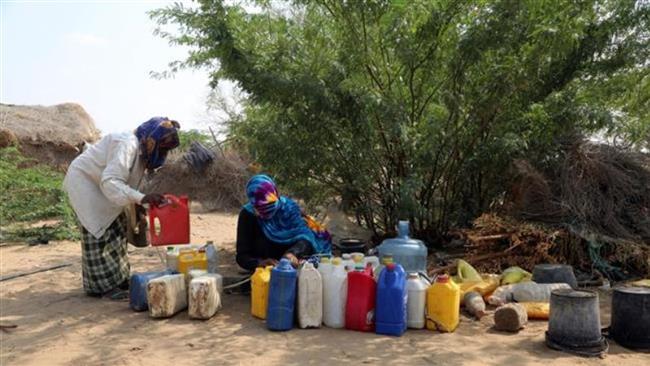

 This makes it easy to access the Press TV website
This makes it easy to access the Press TV website